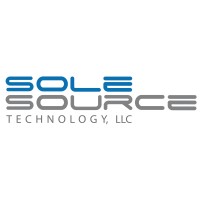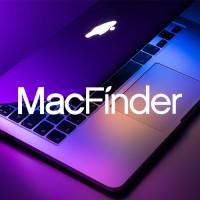
Sole Source Technology
Sole Source connects the world’s leading technology companies with government and commercial end users, providing the leading edge of hardware, software and services. We support Value Added Resellers and their customers by reducing cost, delivering quickly, driving profitability and providing a sustained competitive advantage. We can also locate and deliver hard to find and legacy products and connect you to the global supply quickly, efficiently and affordably. We are the choice for many Federal Government VARS, providing TAA compliant products and greatly simplifying the supply chain.






